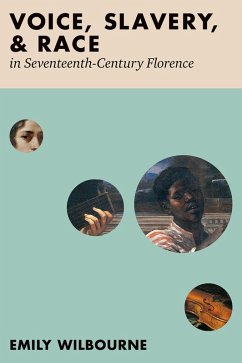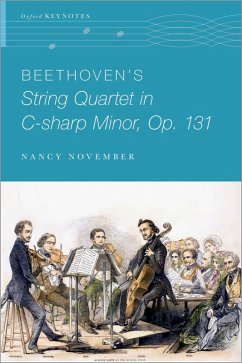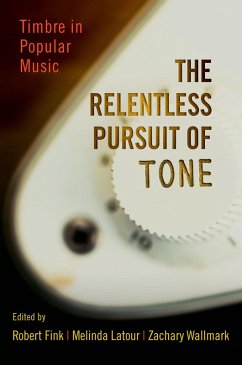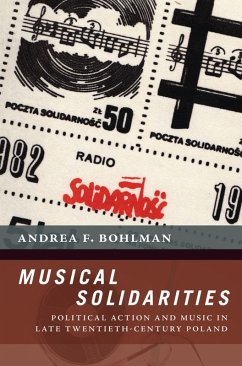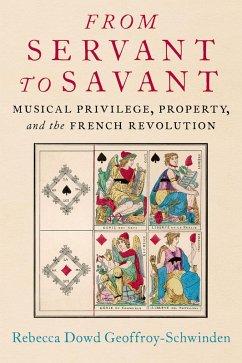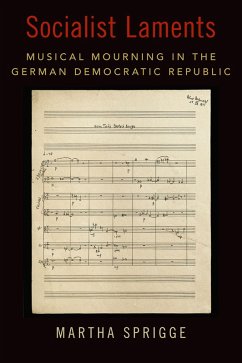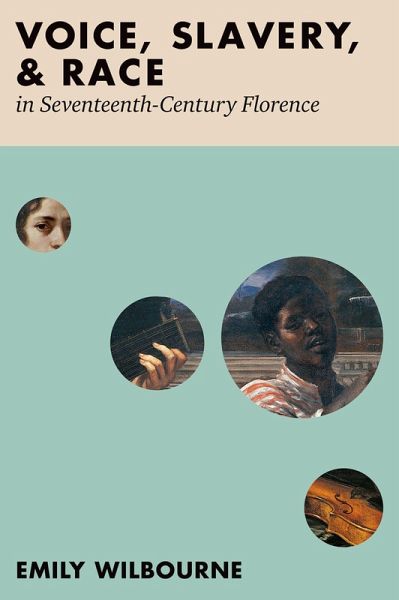
Voice, Slavery, and Race in Seventeenth-Century Florence (eBook, PDF)
Versandkostenfrei!
Sofort per Download lieferbar
37,95 €
inkl. MwSt.
Weitere Ausgaben:

PAYBACK Punkte
19 °P sammeln!
Grounded in new archival research documenting a significant presence of foreign and racially-marked individuals in Medici Florence, this book argues for the relevance of such individuals to the history of Western music and for the importance of sound-particularly musical and vocal sounds-to systems of racial and ethnic difference. Many of the individuals discussed in these pages were subject to enslavement or conditions of unfree labor; some labored at tasks that were explicitly musical or theatrical, while all intersected with sound and with practices of listening that afforded full personhoo...
Grounded in new archival research documenting a significant presence of foreign and racially-marked individuals in Medici Florence, this book argues for the relevance of such individuals to the history of Western music and for the importance of sound-particularly musical and vocal sounds-to systems of racial and ethnic difference. Many of the individuals discussed in these pages were subject to enslavement or conditions of unfree labor; some labored at tasks that were explicitly musical or theatrical, while all intersected with sound and with practices of listening that afforded full personhood only to particular categories of people. Integrating historical detail alongside contemporary performances and musical conventions, this book makes the forceful claim that operatic musical techniques were-from their very inception-imbricated with racialized differences. Author Emily Wilbourne offers both a macro and micro approach to the content of this book. The first half of the volume draws upon a wide range of archival, theatrical and historical sources to articulate the theoretical interdependence of razza (lit. "race"), voice, and music in early modern Italy; the second half focuses on the life and work of a specific, racially-marked individual: the enslaved, Black, male soprano singer, Giovannino Buonaccorsi (fl.1651-1674). Voice, Slavery, and Race in Seventeenth-Century Florence reframes the place of racial difference in Western art music and provides a compelling pre-history to later racial formulations of the sonic.
Dieser Download kann aus rechtlichen Gründen nur mit Rechnungsadresse in A, B, BG, CY, CZ, D, DK, EW, E, FIN, F, GR, HR, H, IRL, I, LT, L, LR, M, NL, PL, P, R, S, SLO, SK ausgeliefert werden.




